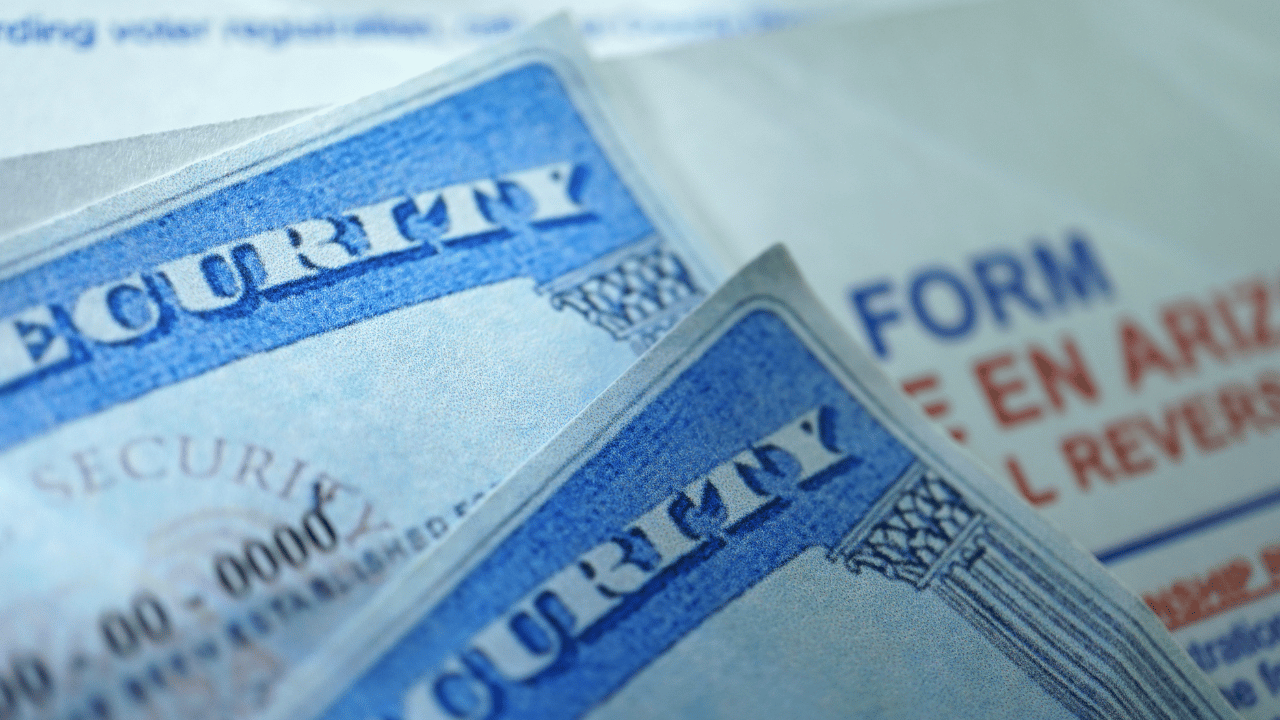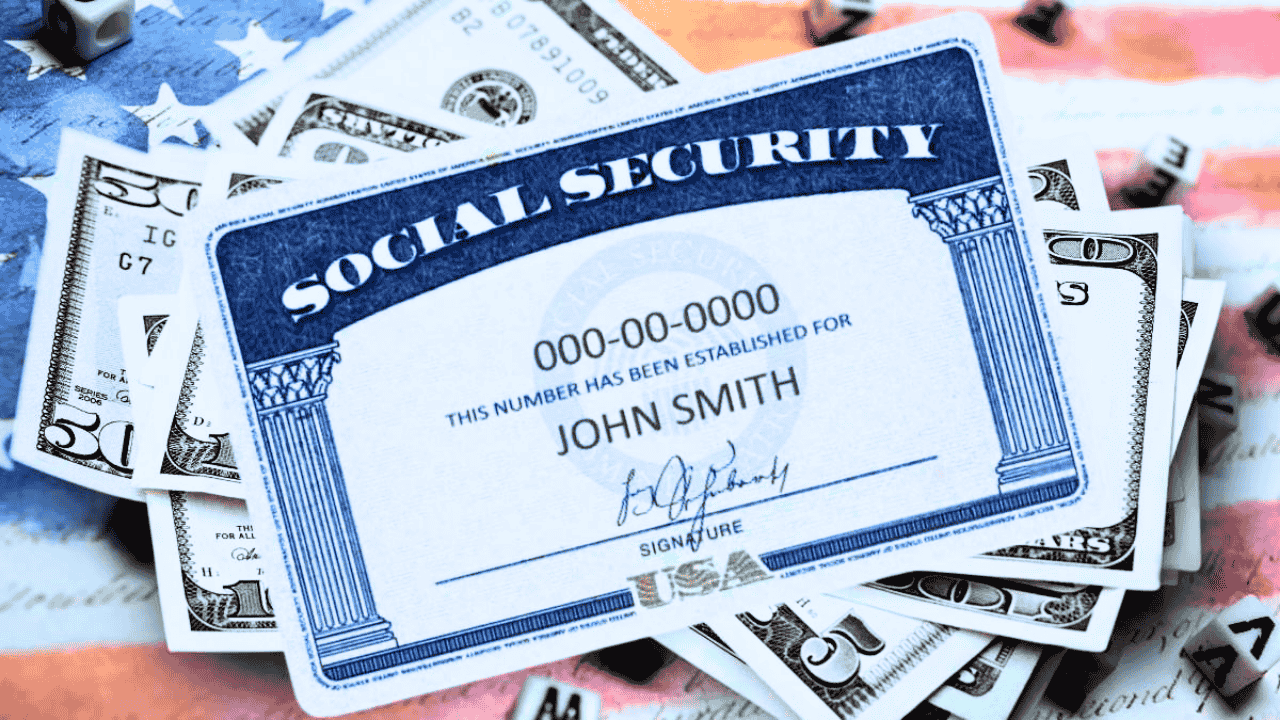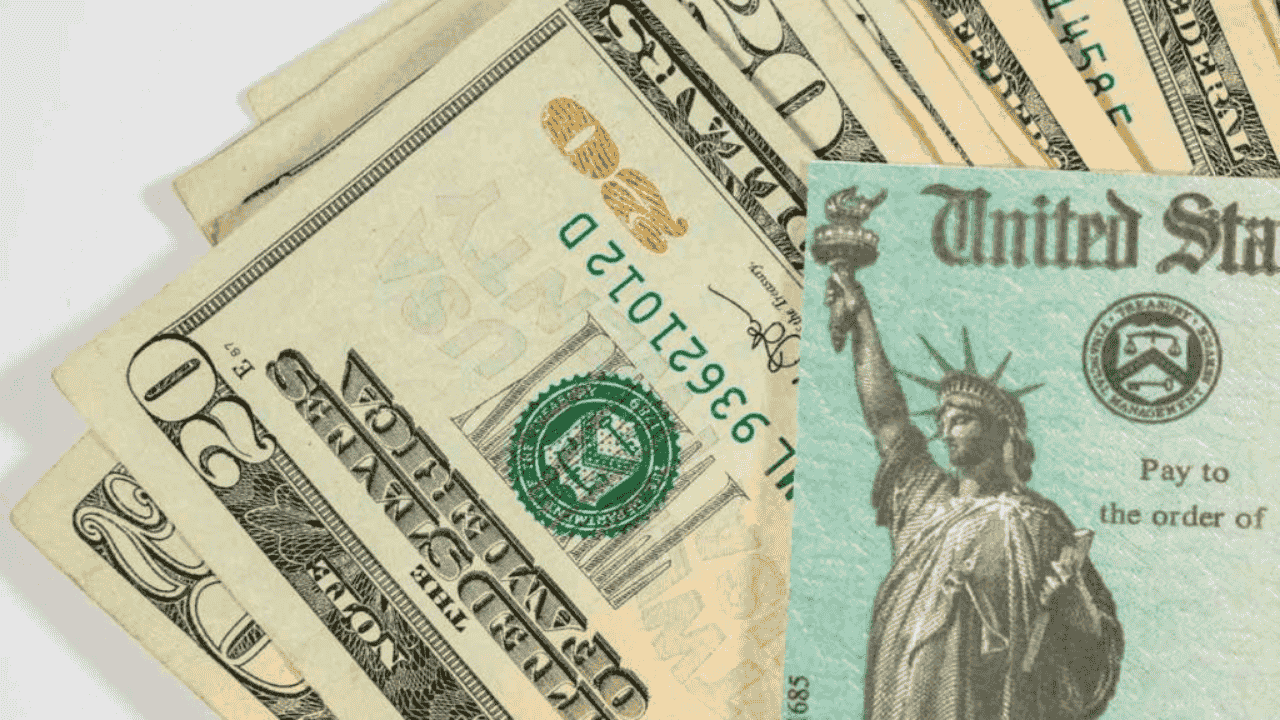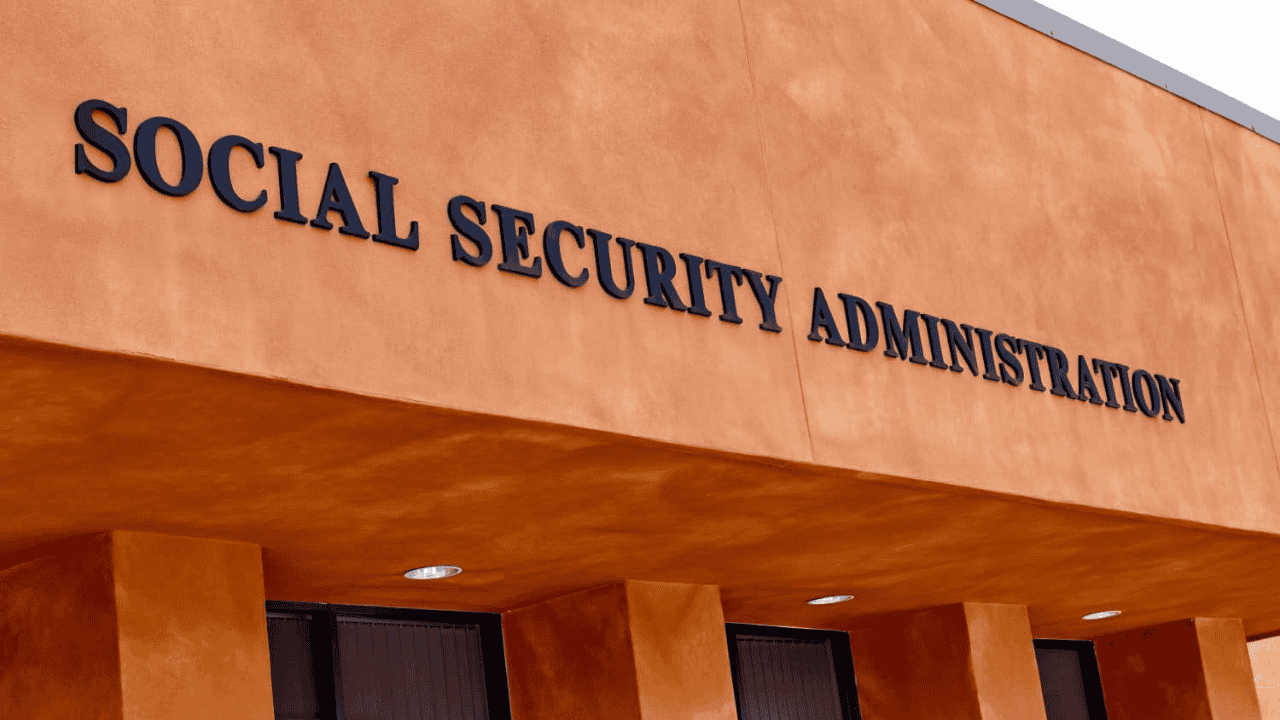Paying off your mortgage is a huge achievement. For many, it means true homeownership, financial relief, and long-term stability. But while it feels like you’ve crossed the finish line, there are a few important steps left to take after that final payment clears.
Let’s know more about what you should expect and what you need to do after you’ve paid off your home loan.
You’ve Paid Off Your Mortgage — Now What?

Once your mortgage is fully paid, your loan servicer will send you a confirmation letter or email. This serves as official notice that the loan has been satisfied and the lender has released their claim on your home (known as a lien release). They’ll also notify your local records office, but this might take a few weeks. You can follow up with the office directly to make sure the lien is removed from your property records.
Important Documents to Collect
After the payoff, you’ll likely receive several key documents. These may include:
- A canceled promissory note (your original loan agreement, now voided)
- Loan payoff letter as proof your debt is cleared
- Certificate of satisfaction or deed of reconveyance, confirming the lien release
- Your property deed, showing you as the full owner
Store these documents safely in a secure place like a fireproof box or safety deposit locker.
Cancel Autopay and Watch for Escrow Refunds
If you had automatic payments set up, make sure to cancel them with your bank. Monitor your bank account for a month or two to be sure no further payments are processed accidentally. Also, if your mortgage included an escrow account (used to pay property taxes and insurance), check for leftover funds. Most servicers issue a refund within 20–30 days of the final payment.
Update Your Homeowners Insurance
Now that the mortgage is gone, you’ll need to update your homeowners insurance by removing the mortgagee clause. This clause previously protected your lender in case of damage to the home. From now on, you’ll be responsible for paying the premiums directly. Make sure your policy stays active to protect your property.
Don’t Forget About Property Taxes
Without an escrow account, it’s now up to you to pay property taxes directly. Depending on your area, you’ll receive the tax bill annually or semiannually from your city, town, or county. To avoid missing a payment, mark due dates on your calendar or set up reminders.
Contact Your HOA (If You Have One)
If your mortgage included HOA dues, you’ll need to manage these payments yourself going forward. Reach out to your homeowners association and confirm how to handle billing.
Watch Your Credit Report
After you’ve paid off your loan, the mortgage account should be marked as closed on your credit report. This usually happens within 30 to 60 days. It’s normal to see a slight drop in your credit score, as your credit mix changes and the age of your accounts may decrease. But in the long run, having less debt is always a positive.
Rework Your Budget and Financial Goals
With your mortgage paid off, you now have more monthly cash flow. Here’s how you might put it to good use:
- Build or increase your emergency fund
- Pay down high-interest debt
- Boost retirement contributions
- Save for college education or other future needs
- Invest in stocks, gold, or real estate
Also, remember that mortgage interest is no longer tax-deductible, which could slightly raise your tax bill next year.
FAQ: Common Questions After Paying Off Your Mortgage
When will I receive my mortgage interest tax form?
- Your lender should send you Form 1098 by January 31. It might arrive a few days later if mailed at the deadline.
Can I access my home equity after payoff?
Yes. You can tap into your home’s equity by:
- Selling the home
- Getting a home equity loan or HELOC
- Applying for a reverse mortgage (if eligible)
Do property taxes increase after paying off the mortgage?
No. Property taxes are based on your home’s assessed value, not whether there’s a mortgage. Paying off your mortgage won’t impact your property tax bill. Paying off your mortgage is a major financial win—but it comes with new responsibilities. From managing property taxes and insurance to updating your budget and credit tracking, there’s still work to be done.









